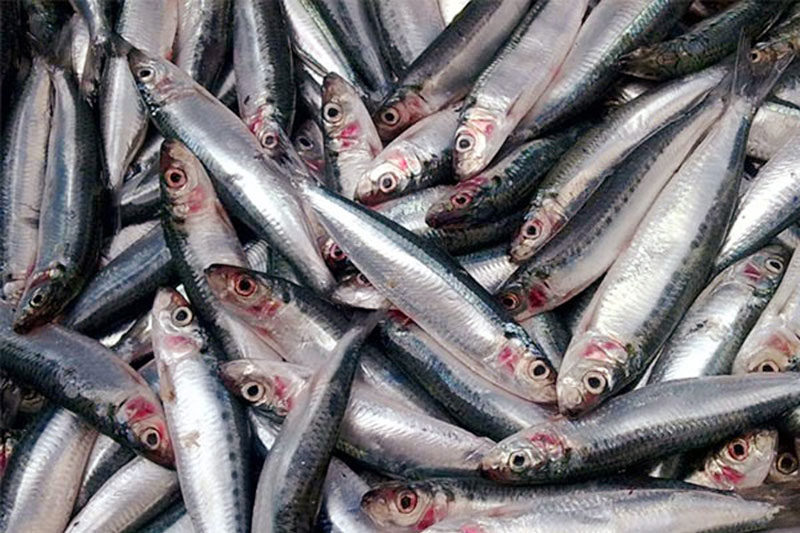Masterplan for sardine industry hits snag

MANILA, Philippines — The development of a sound sardine management plan may take a while as the government shifted its focus on tuna.
The development of a sound sardine management plan may take a while as the government shifted its focus on tuna.
In an interview, marine conservation group Oceana Philippines said the plan, which it initiated, is not likely to materialize this year.
“There were changes with BFAR (Bureau of Fisheries and Aquatic Resources) and they started focusing more on the tuna industry,” Oceana Philippines campaign lead and senior marine scientist Jimely Flores told The STAR.
“Apart from the government, the industry itself does not want to have a national management framework for sardines because they think it will add another regulatory layer,” Flores added.
It was in March 2017 when BFAR and Oceana launched the campaign to implement a science-based management framework for sardines by the last quarter of 2018.
“We already have the draft but we also want to align it with the Amended Fisheries Code but unfortunately, some provisions are not yet ready like the fisheries management areas and harvest control rules, among others,” Flores said.
Oceana is hopeful that public consultations will begin this year as it normally takes about a year to cover all stakeholders nationwide.
“We plan to do it in clusters and focus on major sardine producing areas. We really hope to start this year. It took us three years to finish the blue crab masterplan, It really depends on how BFAR will move,” Flores said.
“We understand the weakness of the government because the same people are working on several stuff, she added.
Oceana and BFAR pre-tested the concept in the Visayan Sea, another major fishing ground in the country.
“It is already moving but not fully implemented. We already identified the important biological indicators that will be used for the national management framework. We are testing it in a smaller scale and we hope to bring it to the national level with the same process to be done,” Flores said.
Oceana also expressed concern over the regular closed fishing season being implemented in several bodies of water nationwide.
“They thought that the closed fishing season is enough but it’s actually not. Once it is closed season, a lot of them are not fishing but after that, all of them will fish,” Flores said.
The national masterplan aims to identify the issues hounding the sector such as overfishing and the inequitable distribution of income.
“The governance structure is still unclear,” she said.
The plan will mostly cover the status of the resources and the gaps to be addressed to set-up the management scheme.
One of the things to be mapped out is the setting of certain limits on fish sizes to be caught and the modification of fishing practices and gears.
Sardines should mature from 10 to 14 centimeters in length but scientists observed that they are beginning to be much smaller than the normal size, which is a sign of overfishing..
Latest data showed that sardines output diminished by 3.4 percent to 280,790 metric tons (MT) in 2015 due to less fishing operations.
According to the Philippine Statistics Authority, the sardine industry has yielded an average volume of 355,000 MT, generating an average value of P10.45 billion over the last five years.
The main market of the sardine industry is processing. Local demand for the fish specie continues to be high as majority of Filipinos, regardless of class, are consumers.
Sardines production in the Philippines is largely situated in the Zamboanga Peninsula, which accounts for up to 60 percent of the total production.
Other sardine producing areas are in Palawan, Bicol, Visayan Sea, Samar, Iloilo, Cebu and Masbate.
- Latest



























